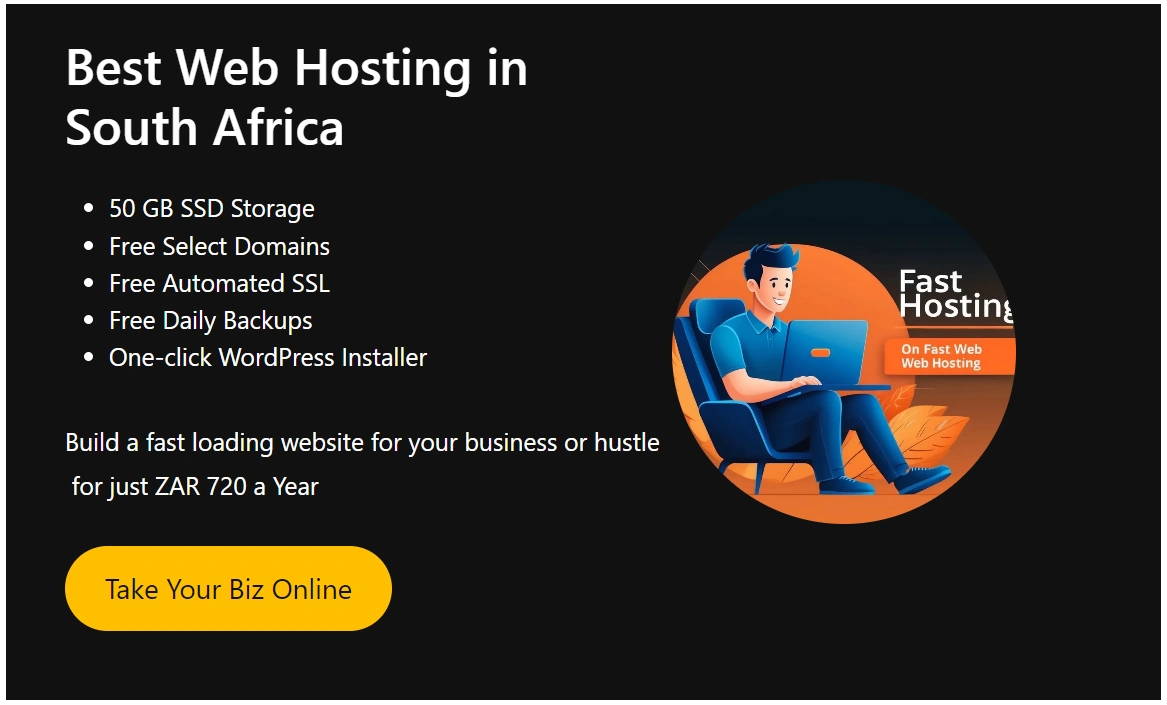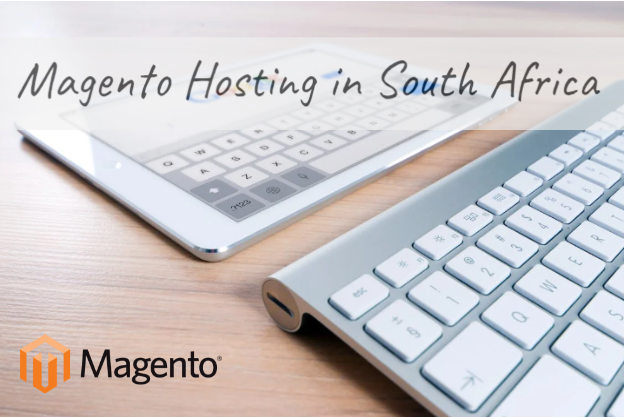Drupal is an open source content management system (CMS) that powers millions of websites across the internet. 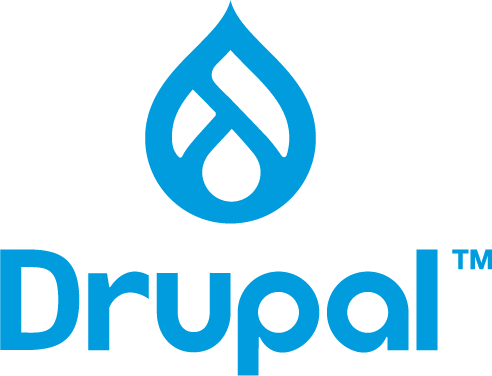
As a PHP-based platform, Drupal requires web hosting that meets certain technical specifications in order to run properly.
Choosing the right Drupal hosting provider is crucial – it impacts site performance, security, scalability and manageability down the line.
There are several types of Drupal hosting options to consider:
- Shared hosting
- Managed VPS hosting
- Dedicated servers
- Fully managed Drupal hosting
Many traditional shared web hosts now offer streamlined tools and configurations ideal for running Drupal sites.
However, their resources are shared among other sites on the same server, which can hamper Drupal performance at scale.
VPS and dedicated Drupal hosting provides more isolated server resources, flexibility and customization for optimal performance.
Fully managed Drupal hosting takes it a step further with specialized expertise for handling technical Drupal administration and updates.
This guide will cover best practices for evaluating these Drupal hosting options – from security features to scalability limitations, pricing breakdowns and more.
We’ll make recommendations on picking the right solution based on your site goals, traffic needs and budget.
Table of Contents
Choosing a Drupal Hosting Provider
Selecting the ideal web host to power your Drupal website is no simple task.
Beyond meeting the basic Drupal server requirements, you need a hosting provider that offers the performance, reliability and support to match the specific needs of your Drupal project now and in the future.
Here are key criteria to evaluate when shopping for Drupal hosting services:
Drupal Expertise
Many standard web hosts simply offer Drupal installations out of the box without specialized expertise in supporting or optimizing Drupal frameworks.
Prioritize hosts with proven Drupal experience such as:
- Official Drupal hosting partners certified by Acquia
- Company bios highlighting developers and engineers with years of Drupal experience
- Case studies of hosting Drupal sites for enterprise clients
This level of Drupal expertise ensures they can fully handle Drupal CMS complexities and scalability challenges down the line.
Security
Security vulnerabilities can seriously disrupt Drupal sites.
Be sure your host provides extra layers of protection including:
- Mandatory security updates for Drupal core
- SSL certificate for enabling HTTPS by default
- Limited login attempts to prevent brute force attacks
- Firewall protection and server access monitoring
- Regular backups to facilitate quick restores after an attack
Scalability
It’s crucial to plan for future traffic growth and pick a hosting solution capable of scaling with your site expansion.
Review options like:
- Easily upgradable managed VPS plans with more CPU cores and RAM
- Seamless migration process to more robust dedicated servers
- CDN integration to cache static content across distributed edge locations
- Load balancing and auto-scaling cluster support
Support Availability
There’s no substitute for reliable and responsive 24/7 support when managing a business-critical Drupal site.
Prioritize hosts with multiple access channels such as:
- Phone, chat and email across extended hours
- Quick response times guaranteed in minutes for urgent issues
- Ticket tracking for following up on ongoing problems
- Forums and documentation for community troubleshooting
Keeping these criteria in mind while comparing plans ensures you select robust Drupal hosting tailored to the long-term needs of your website.
Sacrificing on hosting quality often leads to extra headaches and unnecessary costs down the road.
Drupal Server Requirements
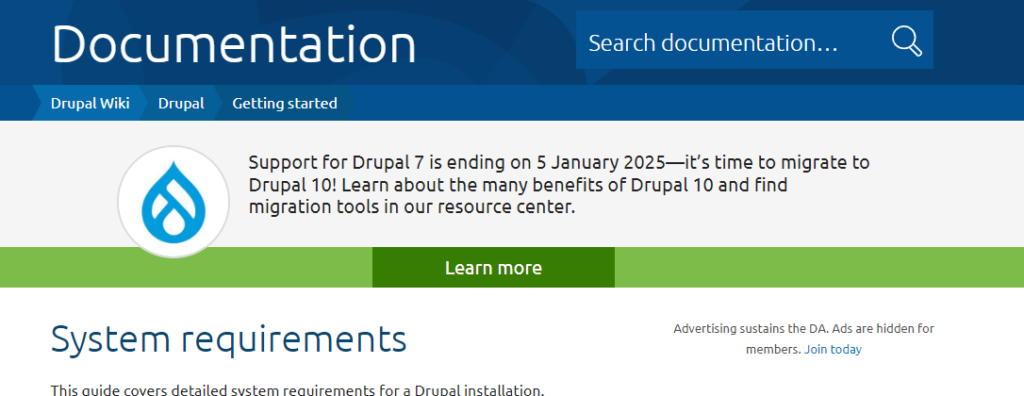
Drupal is a resource intensive PHP framework with specific server requirements for optimal stability and performance.
Choosing a hosting provider that checks all the boxes to fully support Drupal installations ensures you avoid frustrating technical issues down the line.
Here’s an overview of key Drupal server environment specifications to look for from your host:
PHP Version
As a PHP-based CMS, having up-to-date PHP with all required extensions is crucial for Drupal.
Currently PHP 8.0 or higher is recommended.
PHP versions supported
| PHP version | Drupal version | |||
|---|---|---|---|---|
| 9.5 | 10.0 | 10.1 | 10.2 | |
| 7.3 | ⚠️ No (notes) | ❌ No | ❌ No | ❌ No |
| 7.4 | ⚠️ No (notes) | ❌ No | ❌ No | ❌ No |
| 8.0 | ✅ Yes | ❌ No | ❌ No | ❌ No |
| 8.1 (notes) | ✅ Yes | ✅ Yes | ✅ Yes | ✅ Yes |
| 8.2 | ❌ No | ✅ Yes | ✅ Yes | ✅ Yes |
| 8.3 | ❌ No | ❌ No | ❌ No | Planned |
Make sure your host enables you to upgrade PHP seamlessly when new versions emerge without affecting your Drupal site’s uptime.
MySQL Database

The open source MySQL database is the standard system used to store and organize all Drupal site content and configurations in a backend database.
Ensure your hosting plan offers MySQL 5.5.3 or higher.
Managed database hosting with frequent backups and recovery tools is ideal for Drupal site integrity.
Web Server Software
The Apache web server software is the most common platform used to display Drupal site pages to your visitors in their web browser.
Apache 2.0 or newer is recommended. Alternatives like NGINX can also be supported.
SSL Certificate
Enabling HTTPS connections on your Drupal site with a valid SSL certificate ensures all data transmission is encrypted for visitor security.
Your host should provide free AutoSSL or easy integrations with SSL providers like LetsEncrypt.
Server Resources
Drupal’s heavy multi-tier architecture and complex caching requires significant server horsepower.
Here are some minimum recommended specs:
- 2 GB RAM – Additional RAM improves performance
- 2.0 Ghz CPU – Multi-core CPUs enhance response times
- 20 GB SSD storage – Fast SSD drives speed up file access
- CDN integration – Content delivery networks cache static assets
Ideally go with upgraded VPS or dedicated boxes to allocate extra resources exclusively for your Drupal workload.
Technical Support
Even if your hosting environment ticks all the boxes on paper, you still need an expert team on standby 24/7 that can diagnose and resolve server-side and Drupal-specific issues.
Support response times guarantees under 30 minutes are ideal for minimizing downtime.
Carefully evaluating if a hosting provider meets these Drupal server requirements reduces the likelihood of bumping into limitations or subpar performance down the line.
5 Best Drupal Hosting Providers
| Feature | Truehost | Bluehost | SiteGround | A2 Hosting | InMotion Hosting |
|---|---|---|---|---|---|
| Pricing | Starting from $1.5/month | Starting from $2.95/month | Starting from $6.99/month | Starting from $3.92/month | Starting from $17.99/month |
| Performance | Excellent | Good | Excellent | Exceptional | Excellent |
| Security | Standard | Good | Excellent | Excellent | Excellent |
| Scalability | Excellent | Limited | Moderate | Excellent | Excellent |
| Drupal-Specific Features | One-click Drupal installation | One-click Drupal installation | Drupal-optimized caching | Free Drupal migration | Managed Drupal hosting options |
1. Truehost:
- Best Overall Drupal Hosting
- Pros:
- Affordable pricing plans
- Excellent performance and speed
- Easy-to-use control panel
- 24/7 customer support
- Free SSL certificates and domain names
- Cons:
- Limited storage space on lower-tier plans
- Fewer advanced features compared to other providers
2. Bluehost:
- Best Budget Drupal Hosting
- Pros:
- Very affordable pricing
- Free domain name and SSL certificate
- Easy to use and manage
- Reliable uptime and performance
- Good customer support
- Cons:
- Limited features
- Upselling can be aggressive
3. SiteGround:
- Best User-Friendly Drupal Hosting
- Pros:
- Excellent user interface and control panel
- Fast and reliable performance
- Free SSL certificates and CDN
- Automatic updates and backups
- Good customer support
- Cons:
- Slightly higher pricing than some competitors
- Limited resources on lower-tier plans
4. A2 Hosting:
- Best Drupal Hosting for Speed
- Pros:
- Blazing-fast server speeds
- Turbo Boost feature for enhanced performance
- Free SSL certificates and CDN
- Unlimited storage space on higher-tier plans
- Good customer support
- Cons:
- Pricing can be expensive for some users
- Control panel can be less user-friendly than others
5. InMotion Hosting:
- Best VPS Hosting for Drupal
- Pros:
- Highly customizable VPS plans
- Scalable resources for growing websites
- Free SSL certificates and DDoS protection
- Excellent customer support
- Free cPanel and Webuzo control panels
- Cons:
- VPS plans are more expensive than shared hosting
- Requires more technical knowledge to manage
Installing Drupal on Your Hosting Server
Once you have a hosting server ready to power Drupal sites, it’s time to execute the Drupal installation process to get your CMS platform up and running.
While many shared hosts offer simplified one-click Drupal install options, having the technical capability to manually install or migrate Drupal gives you more control and flexibility.
Here is an overview of key steps when installing Drupal:
1. Create a Database
Installing Drupal starts with creating an empty MySQL database on your server to store all the site data.
Many hosts provide an intuitive control panel interface to create and manage databases.
2. Download Drupal Core Files
Now download the latest free and open source Drupal files from Drupal.org.
You typically want to start with the CURRENT STABLE release version for the best reliability.
3. Upload Drupal Files to Web Server
Using FTP, SFTP or shell access, upload the extracted Drupal files to the document root directory of your hosting account.
This serves as the main Drupal installation that will be accessible from your domain.
4. Configure settings.php File
The Drupal settings.php configuration file needs to be edited with your database credentials and other site specifics so Drupal can connect to your database.
5. Complete Web Installation
Navigate to your domain URL in browser and complete the web-based portion of the Drupal installation.
This builds the remaining DB structure.
6. Install Contributed Modules
Extend Drupal’s out-of-the-box functionality by visiting the Drupal module library and installing plug-and-play modules like Views, PathAuto, and more.
7. Apply Security Updates
Regularly run available Drupal security updates for core, contributed modules and themes by enabling Update Manager module or manually patching.
With these steps, you’ll have a fresh and secure Drupal build installed and configured on your hosting server, ready to start developing!
Read also: A Guide to Free Student Web Hosting
Managing Drupal Security on Hosting
Maintaining rigorous Drupal security should be a top priority to prevent your CMS-powered site from cyberattacks seeking to steal data or intercept sensitive transactions from site visitors.
Fortunately Drupal has robust built-in security features when implemented properly via settings on your hosting server environment.
Here are key tips for bolstering Drupal security on your hosting platform:
Enable Automatic Security Updates
New security vulnerabilities in Drupal core, contributed modules or themes are discovered frequently.
Enable automated background updates to promptly patch known exploits before hackers can access them.
Use Version Control for Code Revisions
Version control systems like Git give you ability to track Drupal code changes and seamlessly roll back in case any updates introduce issues that impact security.
Test updates locally or on staging servers before deploying to production.
Follow Least Privilege Principles
Only grant the minimal database and filesystem privileges absolutely needed for Drupal to run when configuring your hosting server permissions.
Limit any risks related to file uploads. Disable unused modules and remove write permissions wherever possible across your stack.
Setup a CDN for Performance Gains
A content delivery network (CDN) caches static assets across distributed servers near website visitors to both optimize performance and provide backup failover if your origin server gets overloaded or taken offline during an attack.
Configure Rate Limiting
Implement IP rate limiting rules on your server firewall to throttle excessive requests from a single IP.
This mitigates brute force login attempts.
You can apply granular rate limiting rules per endpoint using Nginx configs.
Review Default Credentials
Change any default admin, database and other system credentials that come installed on new hosting server deployments.
Remove default demo content which can introduce vulnerabilities.
Use SSL Encryption
Require HTTPS connections by installing a valid SSL certificate to encrypt all traffic between your web server and site visitors.
Enable HTTP Strict Transport Security (HSTS) to ensure user browsers only access your site over HTTPS in future interactions.
Scaling Drupal Sites on Hosting Platforms
As your business grows and website popularity accelerates, Drupal hosting that could initially handle your workloads may start showing signs of strain in keeping up.
The powerful content management capabilities and customizations possible within Drupal comes at a cost – greatly increased server resource requirements compared to simpler static sites especially at larger scales.
Identifying how and when to upgrade Drupal hosting for optimal performance and scale requires keeping an eye on key indicators across your hosting infrastructure:
Monitor Server Load
Keep an eye on overall server load averages to measure demand placed on available CPU cores, RAM and disk I/O.
Sustained high load warrants bumping up to beefier hosting plans.
Database Storage Needs
Track your MySQL databases total storage allocation, index sizes, table counts and rows added over time.
Bloated databases lead to slow queries.
At scale, you may need to optimize with faster SSD storage or database replicas.
Page Load Times
Use tools like Pingdom or WebPageTest to monitor page load performance from key visitor locations.
Spikes likely indicate reaching the limits of your shared hosting resources. Time to upgrade.
Traffic Surges
Watch for any events driving sudden influxes in visitors like marketing campaigns or breaking news coverage.
Benchmark server performance before and after to assess impact on hosting.
If you’re expecting major coverage, get upgraded capacity lined up in advance.
Budget Thresholds
Tally up monthly hosting expenses like instance hours and bandwidth consumption as sites scale.
Compare costs of upgrading hosting tiers or scaling out with additional servers vs ongoing expenses of current config.
Find the break even point.
By constantly measuring these datapoints across your Drupal infrastructure, you gain visibility into precisely when and where to allocate additional hosting capacity for keeping your CMS sites fast and compliant as they grow.
Key Takeaways
Here are some key takeaways when evaluating Drupal hosting solutions:
- Prioritize hosts with specialized Drupal expertise that understand CMS complexities
- Ensure host meets recommended Drupal server requirements for optimal stability
- Check for strong security protections like firewalls, backups and SSL
- Review scalability options like managed VPS upgrades and CDN caching
- Verify 24/7 support with quick response times for Drupal-related issues
Read also: Joomla Hosting: All You Need To Know
 Web Hosting
Web Hosting Windows HostingBuilt for Windows apps and websites – stability, speed and flexibility
Windows HostingBuilt for Windows apps and websites – stability, speed and flexibility Reseller HostingLaunch a hosting business without technical skills or expensive infrastructure
Reseller HostingLaunch a hosting business without technical skills or expensive infrastructure Affiliate ProgramRefer customers and earn commissions from sales across our platform
Affiliate ProgramRefer customers and earn commissions from sales across our platform Domain SearchFind and secure a domain name in seconds with our quick lookup tool
Domain SearchFind and secure a domain name in seconds with our quick lookup tool CO ZA Domains
CO ZA Domains All DomainsExplore domain names from over 324 TLDs globally – all in one place
All DomainsExplore domain names from over 324 TLDs globally – all in one place Whois
Whois VPS
VPS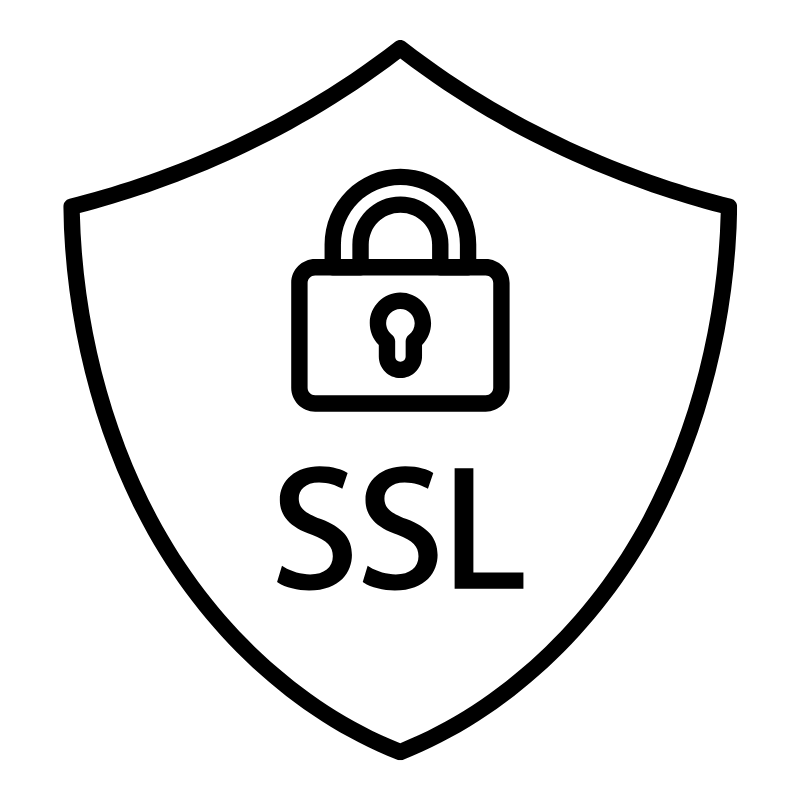 SSLs
SSLs
